The Jeep 2.5 engine is known for its durability, but it is imperfect. Common problems include oil leaks, overheating, cranked sounds, rough idle, and timing belt issues.
These can affect your Jeep’s performance and lifespan.
Troubleshooting Jeep 2.5 Engine Problems Don’t panic if you’re facing these problems. Quick fixes like topping off oil levels, checking loose connections, shafts, or bare wires, or using a radiator sealant, can help.
These are short-term solutions that can offer temporary relief.
Want to keep your Jeep 2.5 engine running like new? Stick around. I’ll dive deep into each problem and offer expert advice on long-term fixes.
Your Jeep deserves the best; we’re here to help you give it just that.
Jeep 2.5 Engine: Common Problems Causes and Their Symptoms
| # | Problem | Symptoms | Causes |
|---|---|---|---|
| 1 | Oil Leaks and Consumption | Oil spots, low levels, burning smell | Worn gaskets, poor maintenance, low-quality oil |
| 2 | Check Engine Light | Light on, reduced performance | Sensor issues, emission problems, loose gas cap |
| 3 | Cranked Sounds | Cranking noise, startup issues | Failing starter, weak battery, electrical issues |
| 4 | Overheating | High temperature, steam, leaks | Cooling system issues, faulty thermostat, old coolant |
| 5 | Rough Idle/Shuts Down | Loss of power, stalling | Electrical/fuel problems, ignition issues, clogged filter |
| 6 | Ignition System Issues | No start, misfires | Spark plug/coil issues, wiring problems |
| 7 | Radiator Leak & Cracks | Low coolant, overheating | Wear/tear, impact, poor coolant, hose problems |
In this concise section, I’ll highlight these issues in detail, making it easier for you to diagnose and address them, ensuring your Jeep 2.5 engine runs smoothly.
Oil Leaks And Consumption
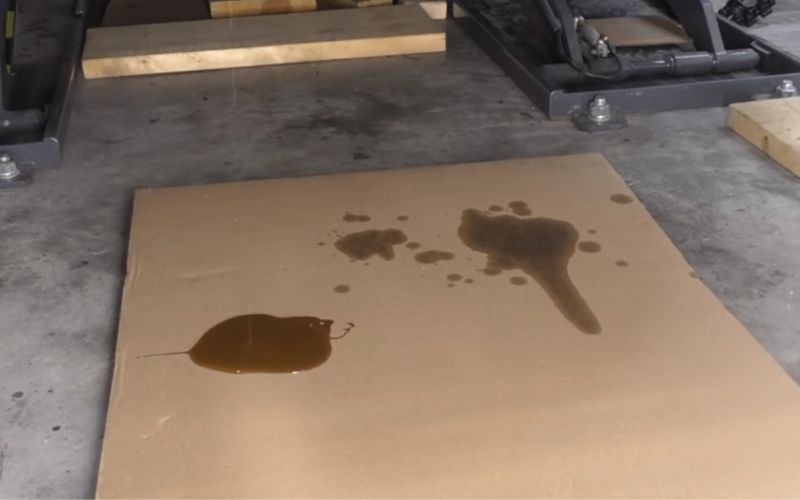
The Jeep 2.5 engine can have issues with oil leaks and consumption. This is a big concern. Oil leaks can lead to engine damage.
High oil consumption means you’ll be topping off oil more often. Both issues can affect your Jeep’s performance and longevity.
Symptoms of the Problem
- Oil spots under the vehicle
- Low oil levels
- Burning oil smell
- Engine overheating
- Check the engine light on
Cause of the Problem
The main causes are often worn gaskets or seals. Over time, these parts can degrade. Poor maintenance and low-quality oil can make the problem worse.
Step-by-Step Solution
- Check Oil Level: Make sure your oil level is correct. Top off if needed.
- Inspect Gaskets and Seals: Look for wear or damage. Replace any faulty parts.
- Use Quality Oil: High-grade oil can reduce consumption. Make the switch if needed.
- Tighten Oil Cap: A loose oil cap can cause leaks. Make sure it’s secure.
- Consult a Mechanic: If the problem persists, get professional help. A mechanic can offer a detailed diagnosis and repair.
Check Engine Light Appear
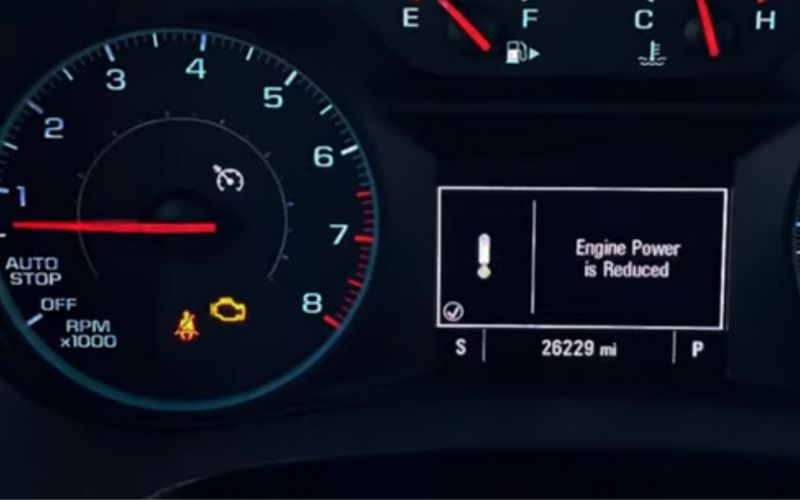
The light can indicate a range of issues, from minor to severe. Ignoring it can lead to costly repairs down the line. It’s crucial to address this light as soon as it appears.
Symptoms of the Problem
- Check engine light on
- Reduced engine performance
- Poor fuel economy
- Strange engine noises
Cause of the Problem
The main causes can vary. It could be a sensor issue, emission problems, or even engine malfunctions. Sometimes, it’s as simple as a loose gas cap.
Step-by-Step Solution
- Use OBD-II Scanner: Scan for error codes. This will help identify the issue.
- Check Gas Cap: Sometimes, a loose gas cap triggers the light. Make sure it’s tight.
- Inspect Sensors: Faulty sensors can cause the light to appear. Replace if needed.
- Check Emissions: Emission issues can trigger the light. Inspect and repair the system.
- Consult a Mechanic: If the light stays on, get professional help. A mechanic can offer a detailed diagnosis and solution.
Engine Cranked Sounds
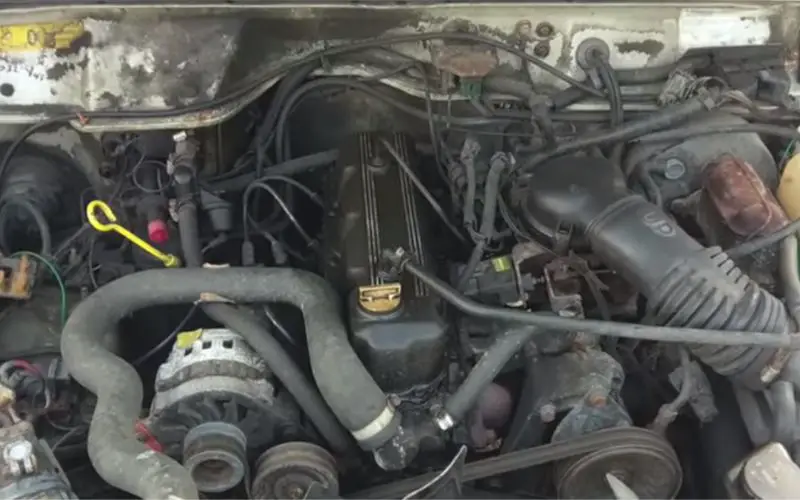
These sounds often point to starter or battery issues. Ignoring them can lead to a non-starting engine. You might hear these sounds when you try to start your Jeep.
Symptoms of the Problem
- There was a loud cranking noise during the startup
- The engine fails to start
- Sluggish engine turnover
- Dimming dashboard lights
Cause of the Problem
The main causes are often a failing starter or a weak battery. Poor electrical connections can also contribute to these sounds.
Step-by-Step Solution
- Check Battery: Make sure your battery is fully charged. Replace if it’s old or weak.
- Inspect Starter: Look for wear or damage. Replace the starter if needed.
- Check Electrical Connections: Loose or corroded connections can cause issues. Tighten and clean them.
- Test Ignition Switch: A faulty ignition switch can cause cranking sounds. Replace if necessary.
- Consult a Mechanic: If the problem persists, get professional help. A mechanic can offer a detailed diagnosis and solution.
Overheating
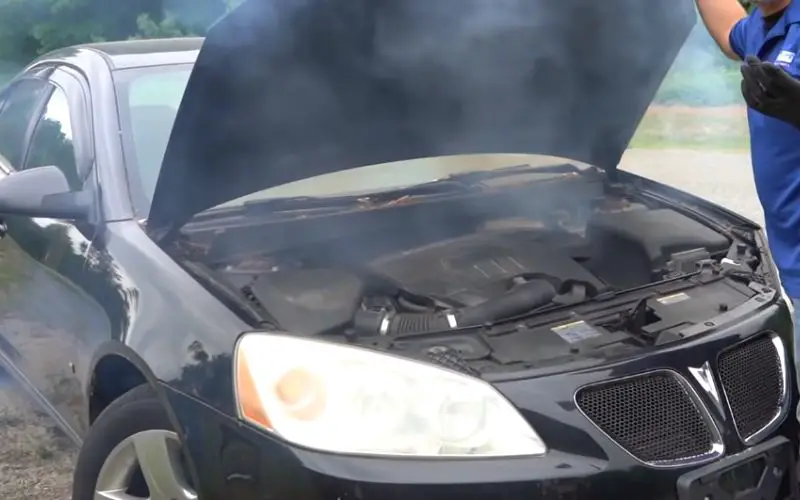
Overheating can lead to engine damage and even failure. You might notice the temperature gauge rising or see steam coming from the hood. These are signs you need to act fast.
Symptoms of the Problem
- High engine temperature
- Steam from under the hood
- Coolant leaks
- Heater not working
- Warning lights on dashboard
Cause of the Problem
The main causes are often leaks or blockages in the cooling system. A faulty thermostat can also be to blame.
Poor maintenance and old coolant can make these issues worse.
Step-by-Step Solution
- Check Coolant Level: Low coolant can cause overheating. Fill to the correct level.
- Inspect Hoses: Look for leaks or cracks in the hoses. Replace if needed.
- Test Thermostat: A bad thermostat can cause cooling issues. Replace it if it’s faulty.
- Flush System: Old coolant can cause blockages. Flush the system and add new coolant.
- Consult a Mechanic: If the problem persists, get expert help. A mechanic can offer a detailed diagnosis and repair.
Follow these steps to fix overheating issues in your Jeep 2.5 engine. Keep your engine cool and your drives worry-free.
Engine Rough Idle/Shuts Down While Driving
It can happen without warning.
One moment you’re driving, and the next, your engine goes silent. This issue poses a serious risk to your safety.
Symptoms of the Problem
- Sudden loss of power
- Engine goes silent
- Dashboard lights flicker
- Steering becomes hard
- Brakes lose power
Cause of the Problem
The main causes often include electrical issues or fuel system problems. A failing ignition switch or a clogged fuel filter can be the culprits.
Step-by-Step Solution
- Check Electrical System: Inspect fuses, relays, and wiring. Replace any damaged parts.
- Inspect Fuel Filter: A clogged filter can cause shutdowns. Replace if needed.
- Test Ignition Switch: A faulty switch can cause the engine to turn off. Replace it if it’s bad.
- Check Fuel Pump: Make sure the fuel pump is working. Replace if it’s failing.
- Consult a Mechanic: If the issue persists, seek professional help. A mechanic can offer a detailed diagnosis and solution.
Ignition System Issues
Issues with the ignition system can prevent your Jeep from starting.
It can also cause poor engine performance. You might experience misfires or even stalling.
Symptoms of the Problem
- Engine won’t start
- Engine misfires
- Poor fuel economy
- Stalling at low speeds
- Rough idling
Cause of the Problem
The main causes often include faulty spark plugs or a bad ignition coil. Wiring issues can also be a factor.
These problems can disrupt the flow of electricity needed for ignition.
Step-by-Step Solution
- Check Spark Plugs: Inspect for wear or damage. Replace if needed.
- Test Ignition Coil: A bad coil can cause ignition issues. Replace if faulty.
- Inspect Wiring: Look for damaged or loose wires. Repair or replace them.
- Check Distributor Cap: If it’s damaged, replace it to ensure good spark distribution.
- Consult a Mechanic: If the problem persists, get professional help. A mechanic can offer a detailed diagnosis and repair.
Radiator Leak & Cracks
A leaking or cracked radiator can lead to overheating. It can also cause coolant loss. Both problems can damage your engine in the long run.
Symptoms of the Problem
- Low coolant levels
- Overheating engine
- Puddles under the vehicle
- Sweet, antifreeze smell
- Steam from the radiator
Cause of the Problem
The main causes often include wear and tear or impact damage. Poor quality coolant can also corrode the radiator over time. These issues can lead to leaks and cracks.
Step-by-Step Solution
- Check Coolant Level: Low levels indicate a leak. Top off if needed.
- Inspect Radiator: Look for visible cracks or leaks. Repair or replace as necessary.
- Use Quality Coolant: High-grade coolant can prevent corrosion. Make the switch if needed.
- Check Hoses: Inspect hoses for wear or leaks. Replace if faulty.
- Consult a Mechanic: If the problem persists, get professional help. A mechanic can offer a detailed diagnosis and repair.
How to Take Preventive Measures?
Taking preventive measures is key to a long-lasting Jeep 2.5 engine.
- First, regular oil changes are a must. This keeps the engine clean and lubricated.
- Second, always use quality coolant. It prevents overheating and corrosion. Don’t forget to check your belts and hoses too. Look for wear and replace them as needed.
- Keep an eye on your dashboard lights. They can alert you to problems before they get worse.
- Also, listen to your engine. Unusual noises can be early warning signs. If you spot issues, consult a mechanic right away.
Regular check-ups can catch problems early. This saves you time and money in the long run. Keep your Jeep running smoothly and worry-free.
Final Thoughts
Understanding and addressing common problems and their symptoms in your Jeep 2.5 engine is essential for maintaining its performance and longevity.
From oil leaks to overheating, addressing these issues promptly can prevent costly repairs and ensure worry-free driving.
Regular maintenance, such as oil changes and quality coolant, along with vigilance regarding dashboard lights and unusual engine noises, will keep your Jeep running smoothly for years to come.
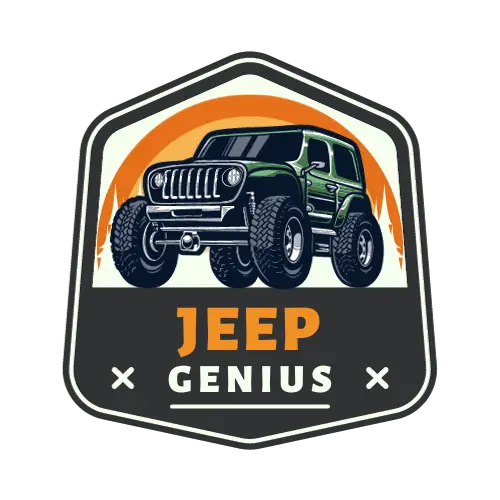
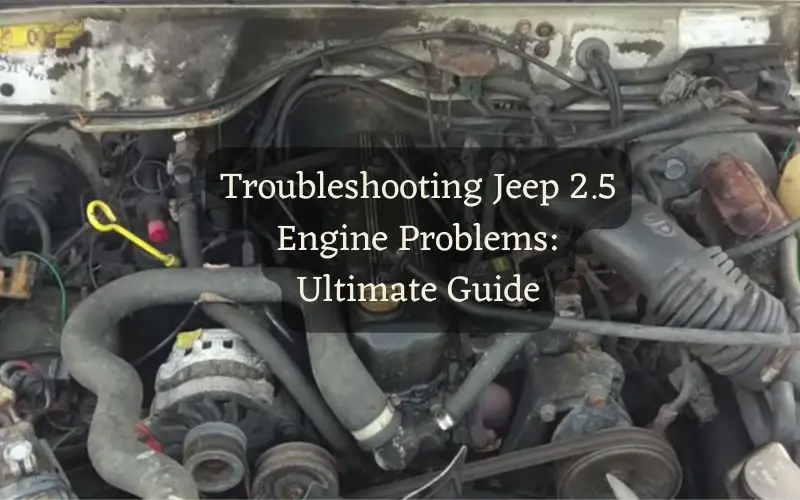
Leave a Reply